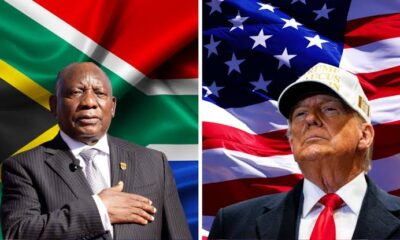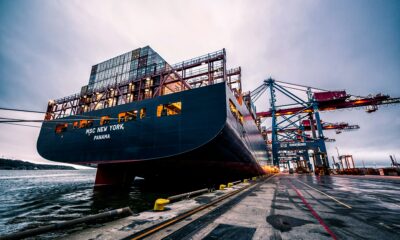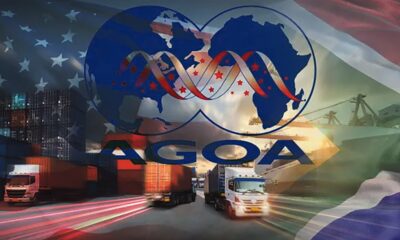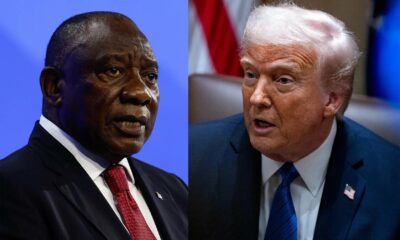Business
China’s Zero-Tariff Pledge Shakes Up Global Trade and Hands Africa a Strategic Victory
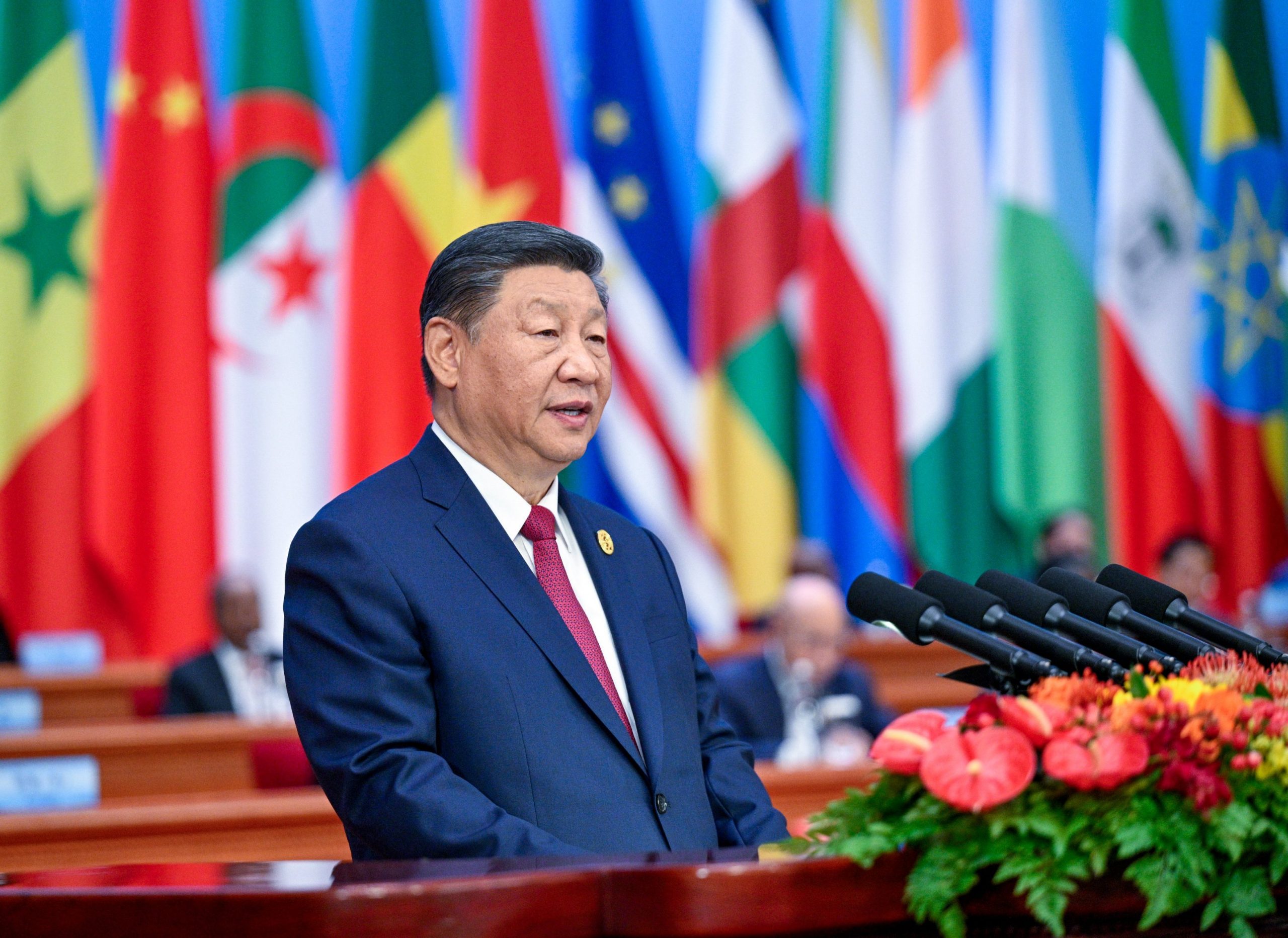
With AGOA at risk and global alliances shifting, China’s sweeping trade offer could be Africa’s lifeline and a win for South Africa.
In a world tilting under the weight of trade wars and power plays, one continent just landed a deal that could change everything. And no, it’s not Europe or America. It’s Africa.
In a quietly seismic move, Chinese President Xi Jinping announced that all African countries with diplomatic relations with Beijing all 53 except eSwatini, will soon enjoy zero tariffs on 100% of exports to the Chinese market.
Let that sink in: Full access to the world’s second-largest economy.
This promise, made in a formal letter to African foreign ministers, didn’t just drop out of nowhere. It arrives amid souring US-Africa relations and rising anxiety over the future of the African Growth and Opportunity Act (AGOA), Washington’s flagship trade programme with the continent — one that now seems to be on shaky ground under President Donald Trump’s hard-nosed trade agenda.
AGOA Uncertainty vs. China’s All-In Approach
For over two decades, AGOA offered African nations tariff-free access to the US market. But in Trump’s America-first era, reciprocal levies have become the new normal. The spirit of AGOA is being choked by nationalist rhetoric and unpredictability.
That leaves Africa and South Africa in particular looking for alternatives. And China, always eager to seize a diplomatic opening, just served up one on a silver platter.
Notably, China had already granted duty-free access to 33 of Africa’s least developed countries in September. But this week’s announcement ramps things up dramatically, pulling in every African country that recognises Beijing. It’s a bold, strategic swipe at Western influence, couched in friendly trade terms.
South Africa’s Position: Between a Shrinking AGOA and a Growing China
South Africa, which often straddles both Eastern and Western alliances, now finds itself in a strong negotiating position. Beijing is already Pretoria’s top trading partner, and SA’s exports to China — from minerals to agriculture — are vital to its economy.
Social media lit up with speculation and cautious celebration after the announcement. X users posted maps of future trade routes and debated whether this could be “Africa’s Belt and Road moment.” Others urged local manufacturers and farmers to scale up now, not later.
If implemented swiftly and transparently, this deal could reinvigorate local industries, ease unemployment, and even reshape Africa’s place in global value chains.
Why Now? The Timing Is No Coincidence
This isn’t just economic generosity. It’s geopolitical chess.
China’s massive tariff concession comes just as it faces its own headaches: a cooling economy, a youth unemployment crisis, and, perhaps most importantly, a bruising trade war with the US. By opening its markets to Africa — a continent hungry for growth — China gains:
-
Friends in global forums like the UN
-
Access to raw materials it needs
-
Political capital in a shifting multipolar world
Xi’s move also sidesteps America’s AGOA leverage, and signals that Africa doesn’t have to choose between East and West, it can demand better deals from both.
Why eSwatini Was Left Out
There’s one exception to China’s tariff-free bonanza: eSwatini, the last African country that maintains diplomatic ties with Taiwan. That’s not just a footnote it’s a message.
China considers Taiwan a breakaway province. This exclusion reinforces its long-standing policy: no trade carrots without political alignment. It’s another example of how trade and diplomacy in the 21st century are inseparable.
What Needs to Happen Next
South Africa and its neighbours should move quickly to take advantage. That means:
-
Engaging local exporters on how to access Chinese markets
-
Ensuring compliance with Chinese import standards
-
Supporting small businesses in trade logistics
-
Avoiding overdependence on one partner, diversification still matters
China has shown its cards. It wants deeper ties, and it’s willing to pay for them. But African countries must ensure this isn’t just another extractive relationship in disguise. Trade deals are only as good as the industrial policies that accompany them.
Africa, It’s Your Move
With AGOA’s future murky and Trump pushing aggressive bilateralism, China’s all-in bet on Africa may be the biggest economic opportunity of the decade. And this time, the continent has the leverage to set its terms.
For South Africa, it’s a chance to lead, not just in minerals and exports, but in how Africa does business with the world.
Xi’s letter may have been polite. But make no mistake: this is a strategic power play, and Africa just became the board.
China Calls for More South African Agricultural Exports to Balance Trade Relationship
{Source: BusinessTech}
Follow Joburg ETC on Facebook, Twitter , TikTok and Instagram
For more News in Johannesburg, visit joburgetc.com

